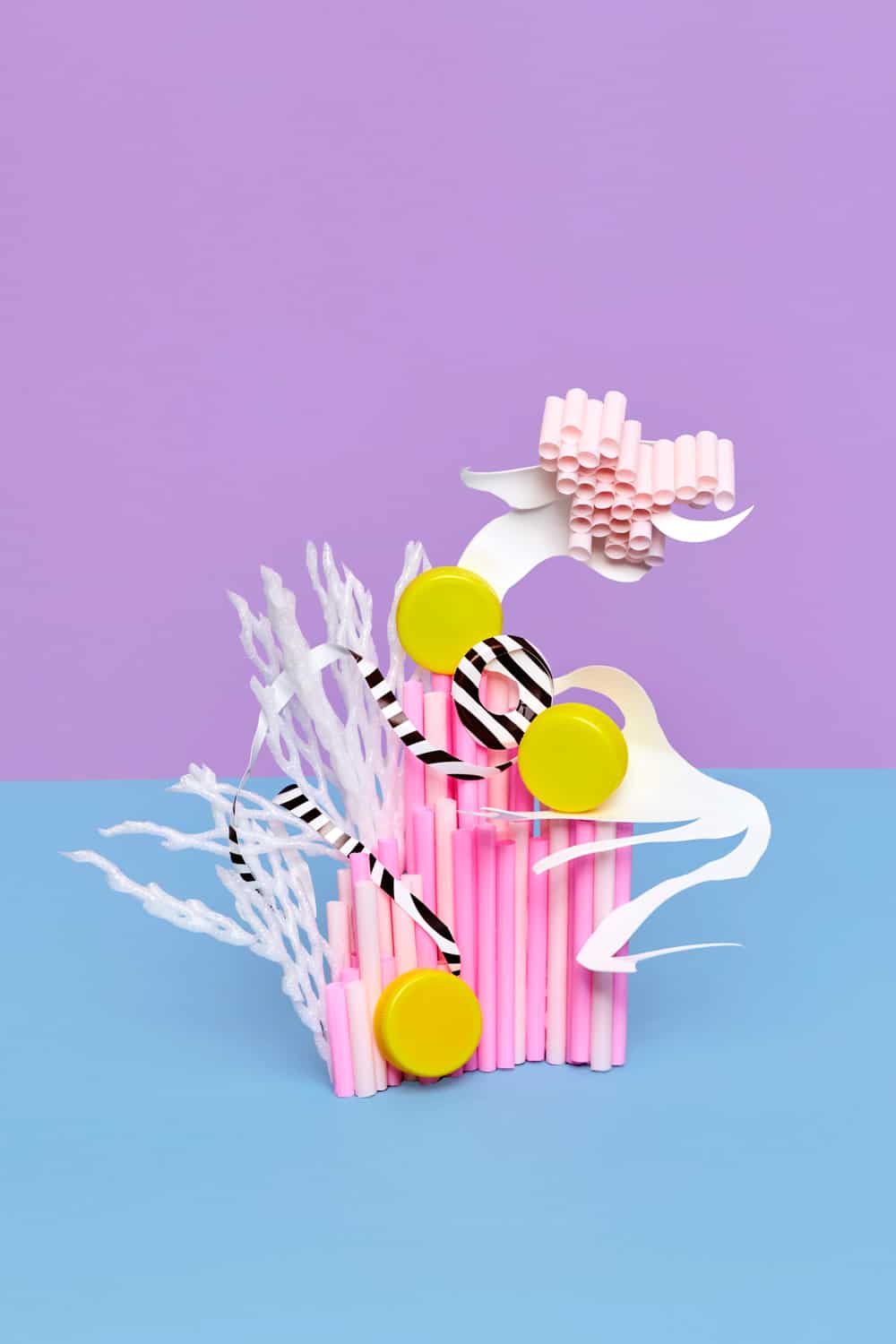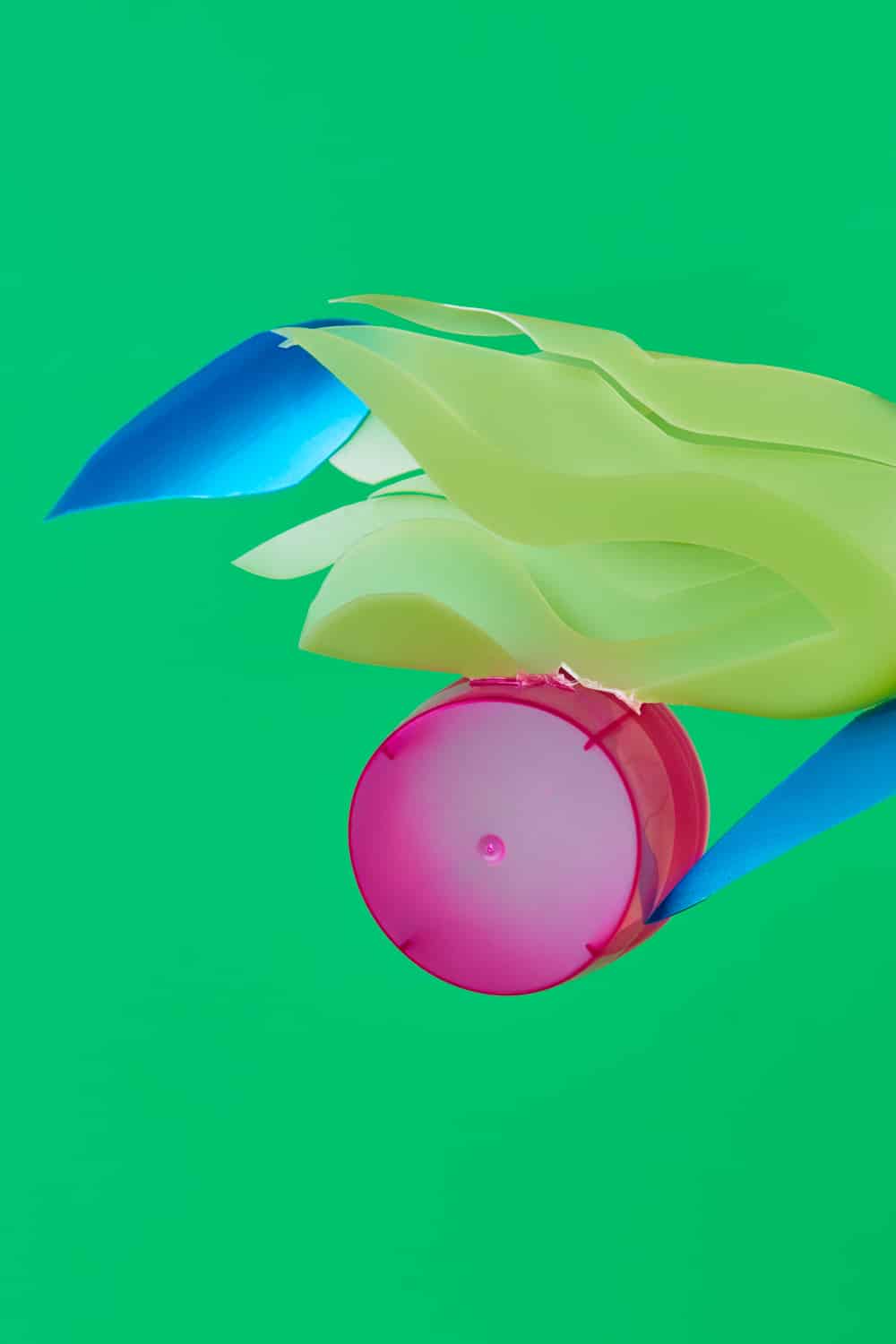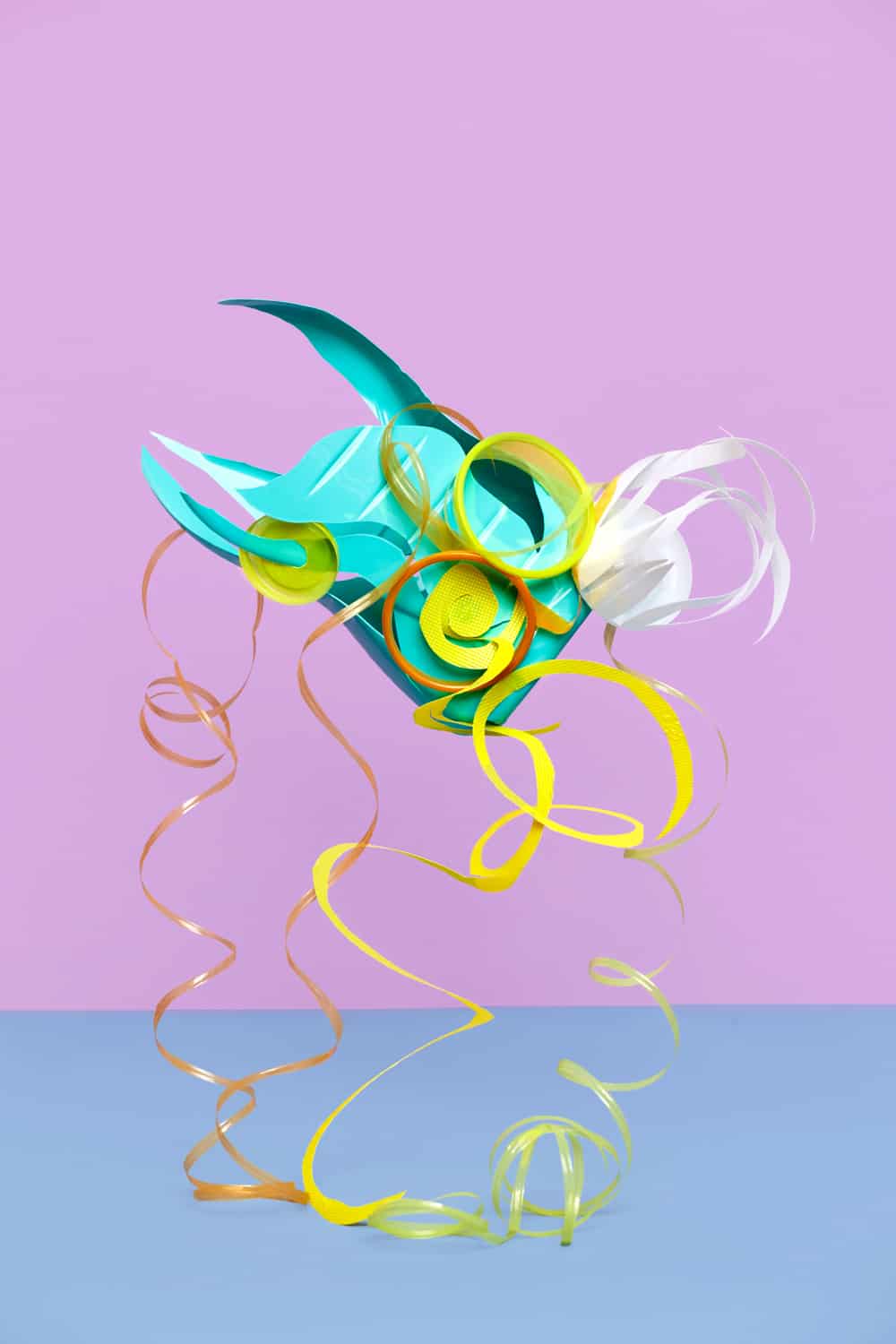
Alicja Wróblewska, Reef
Before taking part in an art competition, do you sometimes wonder who are the eventual laureates? In this article, we would like to shed light on one such winner – Alicja Wroblewska – who was also the laureate of last year’s Young Lynxes Portfolio Open Call. In 2019, Alicja was shortlisted in the Talent of the Year 2019 Pix.House. This year, has brought more success – she was shortlisted in the Siena Creative Photo Awards, was commended in the Tiff Festival Open Call (slideshow), and shortlisted at Riga Photomonth.

Alicja Wróblewska, Reef
In her recent project, Wróbelwska invites the viewer for a deep dive into coral reefs — one of the most beautiful and delicate natural phenomena on Earth. Coral reefs are formed in seas and oceans where the water temperature stays above 18°C. Due to climate change, water pollution and ocean warming, the microscopic algae that live in coral reefs and are its main food source leave the coral, which in turn leads to coral bleaching and increases their risk of dying. This has a knock-on effect on other wildlife, as corals are essential for healthy oceans. About 25% of underwater creatures live in these reefs, so without them the entire biosphere will disappear. Taking this serious issue as a starting point, Wróblewska photographs objects made entirely of disposable plastic (bottles, mugs, straws, cosmetics, food packaging, etc.) as these objects represent the future replacement for the dead reefs. She creates stylized, colourful still lifes, as artificial as the material she uses to create the composition. But Wróblewska takes a different approach to highlighting the issue of environmental degradation, usually illustrated by photos of garbage heaps and animals horribly impacted by waste. She tries to draw the viewers’ attention with deceptively pretty compositions, in the hope that the beauty of the image will attract our attention. In the pictures, the beauty of colour is a delusion — a deceptive kiss of death.

Alicja Wróblewska, Reef
Thus, she also explores the power of the image to affect a desensitised audience. In her works, Wróblewska asks what will happen if we do not drastically limit the production of plastic, especially disposable packaging. Her photos show the near future (or maybe already the present), when the reef is permanently destroyed and replaced by synthetic creations of the Anthropocene. She asks the viewer to consider if this is what we want for us, for our planet and for future generations.
She deliberately chooses still life as her subject. Traditional flower compositions captured by Dutch painters decomposed naturally, and so the still life captured the ephemeral beauty of natural objects. But Wróblewska’s compositions will never die. Thus, their beauty becomes a memento mori.
By creating still lifes made of plastic, she also explores what will be considered natural in the future. Will the rustling of plastic bags replace the singing of birds? Will the non-biodegradable plastic become a permanent reef, immune to climate change — a sort of monument to capitalism and globalisation? Will garbage and plastic waste become our legacy for the next generations?

Alicja Wróblewska, Reef













